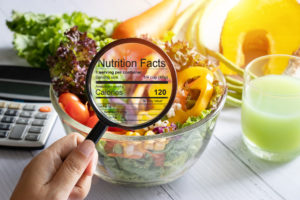
Some fats can help manage or reduce cholesterol. Others can make it worse. Some might do nothing at all.
Cutting out fat completely is likely both unsustainable and of questionable health value. Knowing how to eat fat, rather, is the most effective measure in using diet to keep cholesterol in check.
You’ve surely heard all about trans fats and saturated fats. Trans fats are in highly processed foods like:
- Commercially baked pastries
- Packaged snack foods
- Fried foods
- Anything with “hydrogenated” or “partially hydrogenated” vegetable oil.
All of this is no good for cholesterol and should be avoided.
Saturated fats are not as well defined. When they occur naturally in foods like coconut oil and unprocessed meats, they likely don’t boost levels of “bad” LDL cholesterol. When these fats are added and occur in processed meats like deli meats, bacon, or other snacks, they may be harmful.
Finally, there are healthy fats. These fats can actually help reduce LDL cholesterol and clean up arteries to reduce blood pressure. Monounsaturated and polyunsaturated fats are healthy fats.
You can find monounsaturated fats in foods like:
- Olive oil, canola oil
- Avocado
- Olives
- Nuts and nut butter
Polyunsaturated fats are in:
- Sunflower, sesame, pumpkin seeds
- Flaxseed
- Walnuts
- Fatty fish like salmon, trout, tuna, herring, etc. (omega-3 is a polyunsaturated fat)
- Soymilk
- Tofu
Everybody’s situation is different, but one fact remains: fat is not necessarily the enemy in the fight against high cholesterol. By selecting the right types of fat, you can actually reduce cholesterol levels.
Being selective in the type and amount of fat you eat each day means you don’t have to cut it from your diet to achieve better heart health.